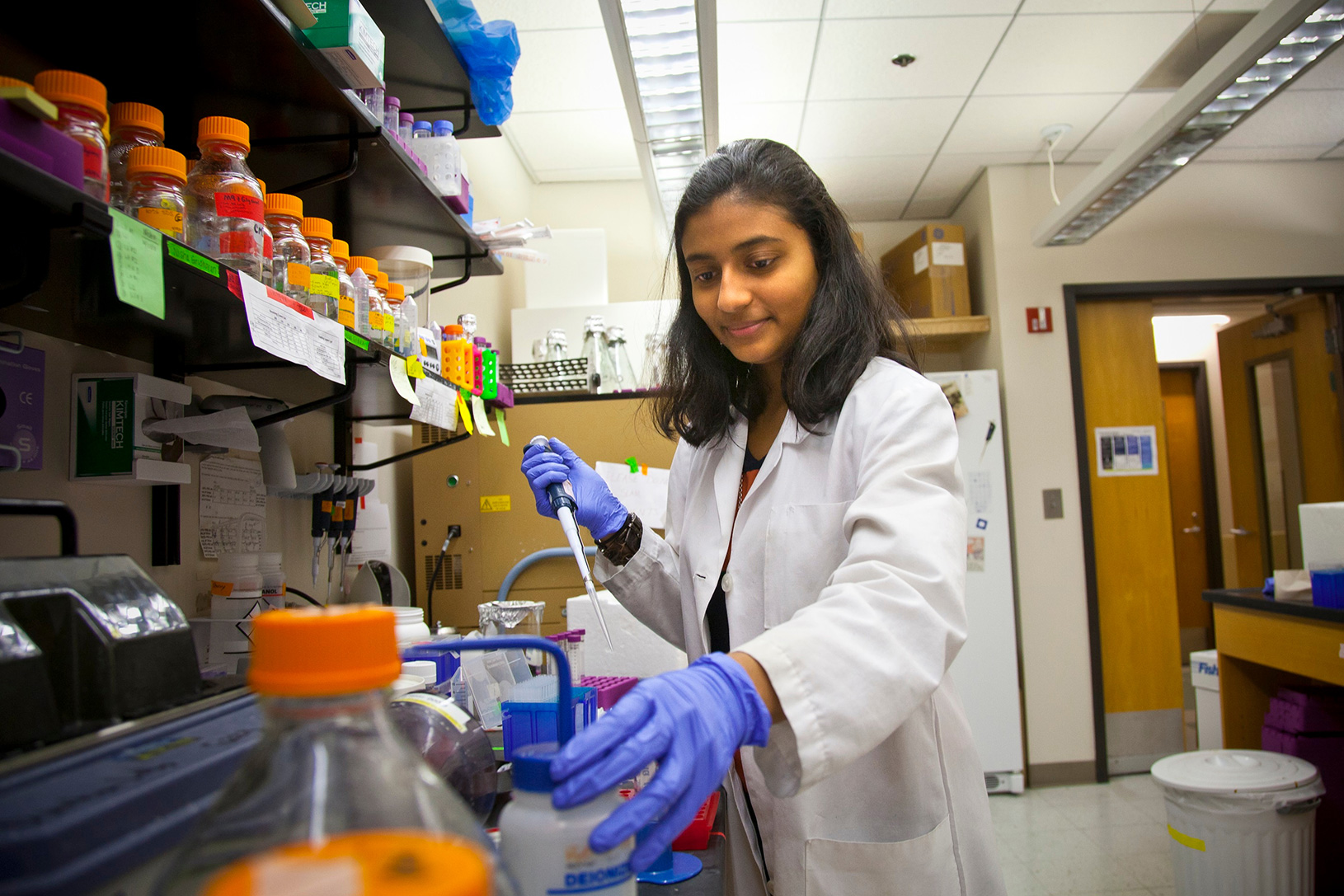Human Health
Human health is a major global issue and a leading sector for job growth. Emory’s Human Health major takes an interdisciplinary approach to examine the complex scientific and social issues involved in health and well-being. This degree develops practical skills for a wide variety of health-related careers as well as a holistic understanding of physical, mental, and spiritual well-being.
Outcomes
The career outlook for graduates with a Human Health degree is bright. Whether you want to work in the U.S. or globally, the focus on health, health care, and related technical fields is growing quickly and predicted to stay so.
Our graduates find opportunities in research administration, clinical trials, and lab management. And are prepared to succeed in a wide variety of industries in such positions as Health Education Coordinator, Laboratory Technologist, Health Program Director, Public Health Analyst, Health Policy Analyst, Food Safety Expert, and Environmental Consultant.
Recent Emory graduates work at the Centers for Disease Control and Prevention, NYU Langone Health, Emory University School of Medicine,and Sharecare, Inc.
They’ve also gone on to pursue advanced degrees at institutions such as the University of Pennsylvania School of Nursing, Columbia University Mailman School of Public Health, NYU School of Medicine, and George Washington University.
Examples of Classes at Oxford
Example of Major Classes
Health 1,2,3
This three-part peer-led program uses predictive health research and group discussions on such topics as nutrition, exercise, and managing the stress of college life to encourage students to take and active –and comprehensive role –in their own health and well-being.
Predictive Health and Society
This course examines the shift in thinking around the practice of medicine as a reactive, disease-focused system to a proactive health-focused model. Multidisciplinary topics include the perspectives of business, law, ethics, humanities, engineering, nursing, religion, public and global health, as well as the sciences.
Sleep: Science and Culture
Although we spend approximately one-third of lives asleep, its exact purpose is unknown. In this course, you’ll examine recent studies linking sleep with health and how attitudes about sleep vary greatly between cultures and shift over time.
Study Abroad in Human Health

Human Health in Paris
From the late 18th to the early 20th century, Paris was the heart of scientific progress in health and medical concepts also became a repeated theme across literature, theater, and art. The Human Health study abroad program in Paris allows you to experience the historical milieu that set the standard for modern healthcare with an integrated approach, crossing borders of cultures and disciplines.
For too long, our concept of 'health' has been limited culturally by our construct of what it is not: The disease state. We are on the cutting edge of using science not just to cure disease, but to identify, predict, and support health.